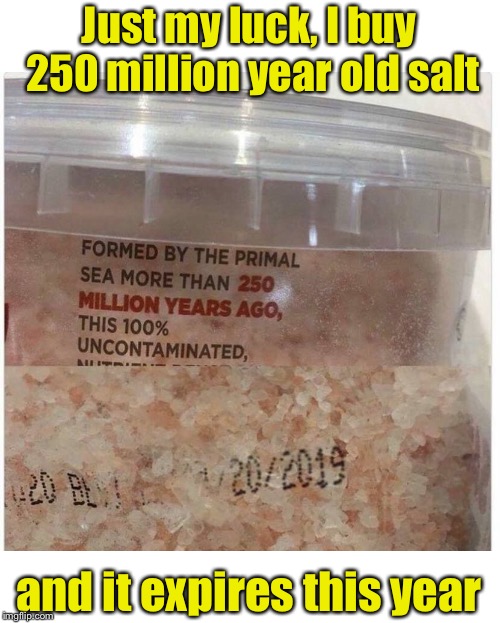
And it did. Because the expiration date doesn't actually mean when the medication stops working. It's just the amount of time the FDA will guarantee that the medication will work for and is usually somewhere between 1-3 years, but most medications in pill and capsule form are stable for much much longer than that. The catch is that there's no financial reason for the manufacturers to check and see how long they are effective for because that's just money out of their pockets.
There are some caveats to this - any liquid medications can be easily contaminated by bacteria as can medications that need to be refrigerated so you should heed their expiration dates. Similarly for prescription medications when it can be potentially dangerous if they're not working at 100%, when in doubt, throw it out.
I'd recommend sorting through your medicine cabinet about once a year and disposing of old medications through the Drug Take Back program at one of the many locations in San Mateo County (check them out here)
For a little bit more info on this, go here
And you can read much much more about all this here